Employment Opportunities
Thank you for your interest in The Hague School. For more information about employment opportunities with The Hague School, please email admin@thehagueschool.org and provide a statement of interest along with a summary of relevant experience.
TEACHING POSITIONS
Teaching positions are offered to qualified individuals on a course by course basis and may be offered as quarterly, semester (two quarters), or full year (four quarters) positions. Qualified instructors are expected to have achieved master’s level or greater in their respective discipline(s). All courses at The Hague School use the International Baccalaureate Program curriculum and employ conference method aka Harkness Discussion to the fullest extent practicable.
-
Biology and life sciences impact people’s lives every day and involve the study of living things and how they relate to each other and their environmental surroundings. It includes topics in biology, botany, ecology, and zoology and is essential to the understanding of disease, diversity of life, and all biological topics. It would be nearly impossible to make informed decisions about everything from disease treatment to how to improve crop yields to personal health without advanced life science education.
Consistent with the International Baccalaureate Diploma Programme, core components of the curriculum include the study of living things, including cells and their structures and functions, anatomy, and biology in the environment, including biological processes such as photosynthesis. The biology curriculum covers organization, metabolism, responsiveness, movements, and reproduction. In humans, who represent the most complex form of life, additional topics such as growth, differentiation, respiration, digestion, and excretion are covered, with an emphasis on how these processes are interrelated.
This position may be combined with Environmental Science to form a three-quarters or full-time position.
To apply: Send resume, sample lesson plan, and cover letter to admin@thehagueschool.org.
-
French
As the only independent high school in Hampton Roads to offer the International Baccalaureate (IB) Diploma Programme, at The Hague School, “worldview” and “international mindedness” are terms that connect with our students, not as places on a map, but as faces and names. Language instruction begins with Linguistics in the 9th grade and is followed by beginning or intermediate (Pre-IB) French in the 9th & 10th grades. IB French continues as a core course in the 11th & 12th grades. Language acquisition courses are designed to provide students with the necessary skills and intercultural understanding to enable them to communicate successfully in an environment where the language studied is spoken.
The IB French curriculum is organized around five themes:
Identities - The nature of the self and how we express who we are
Experiences - Tell the stories of the events, experiences, and journeys that shape our lives.
Human Ingenuity - How human creativity and innovation affect our world
Social Organization - How groups of people organize themselves or are organized through common systems or interests
Sharing the Planet - Explore the challenges and opportunities faced by individuals and communities in the modern world.
By engaging these themes through written, audio, and video mediums, students are immersed in a culture different from their own, which helps mold open-minded and caring students.
Adjunct positions are available for qualified applicants. All courses at The Hague School use the International Baccalaureate Program curriculum and the Harkness Method pedagogy for student-centered, inquiry-based learning. We offer training to teachers each year to learn and refine this pedagogy.
To apply: Send resume, sample lesson plan, and cover letter to admin@thehagueschool.org.
-
At The Hague School, we believe that environmental education is a vital process that allows students to explore environmental issues, engage in problem-solving, and take action to improve the environment. As a result, students develop a deeper understanding of environmental issues and have the skills to make informed and responsible decisions.
The core components of the environmental science curriculum, organized around pollution, air, land, and water, are:
Awareness and sensitivity to the environment and environmental challenges
Knowledge and understanding of the environment and environmental challenges
Attitudes of concern for the environment and motivation to improve or maintain environmental quality
Skills to identify and help resolve environmental challenges
Participation in activities and experimentation that lead to the resolution of environmental challenges
The Hague School’s approach to environmental education does not advocate a particular viewpoint or course of action. Rather, the aim of environmental education is to teach students how to weigh various sides of an issue through critical thinking and enhance their own problem-solving and decision-making skills.
To apply: Send resume, sample lesson plan, and cover letter to admin@thehagueschool.org.
-
Item description
The Hague School is an equal opportunity employer and welcomes applicants regardless of race, religion, gender, age, non-disqualifying disability, and/or national origin.

